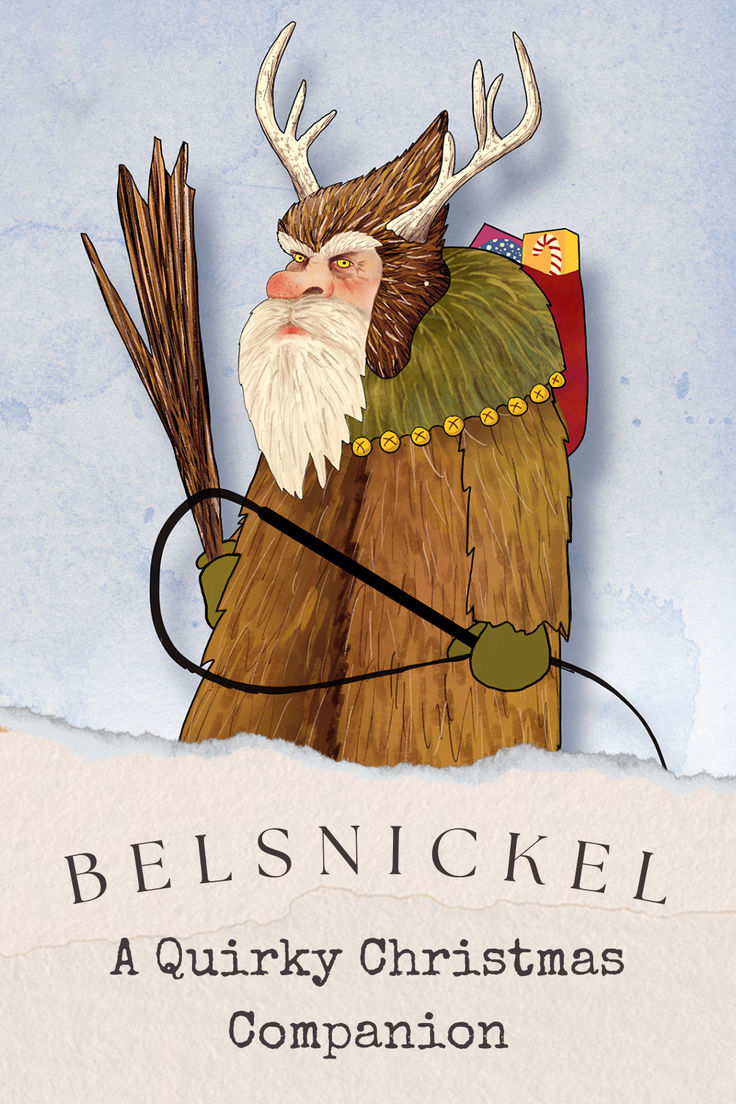Christmas 2024
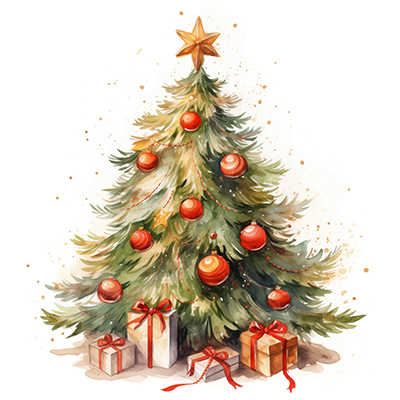
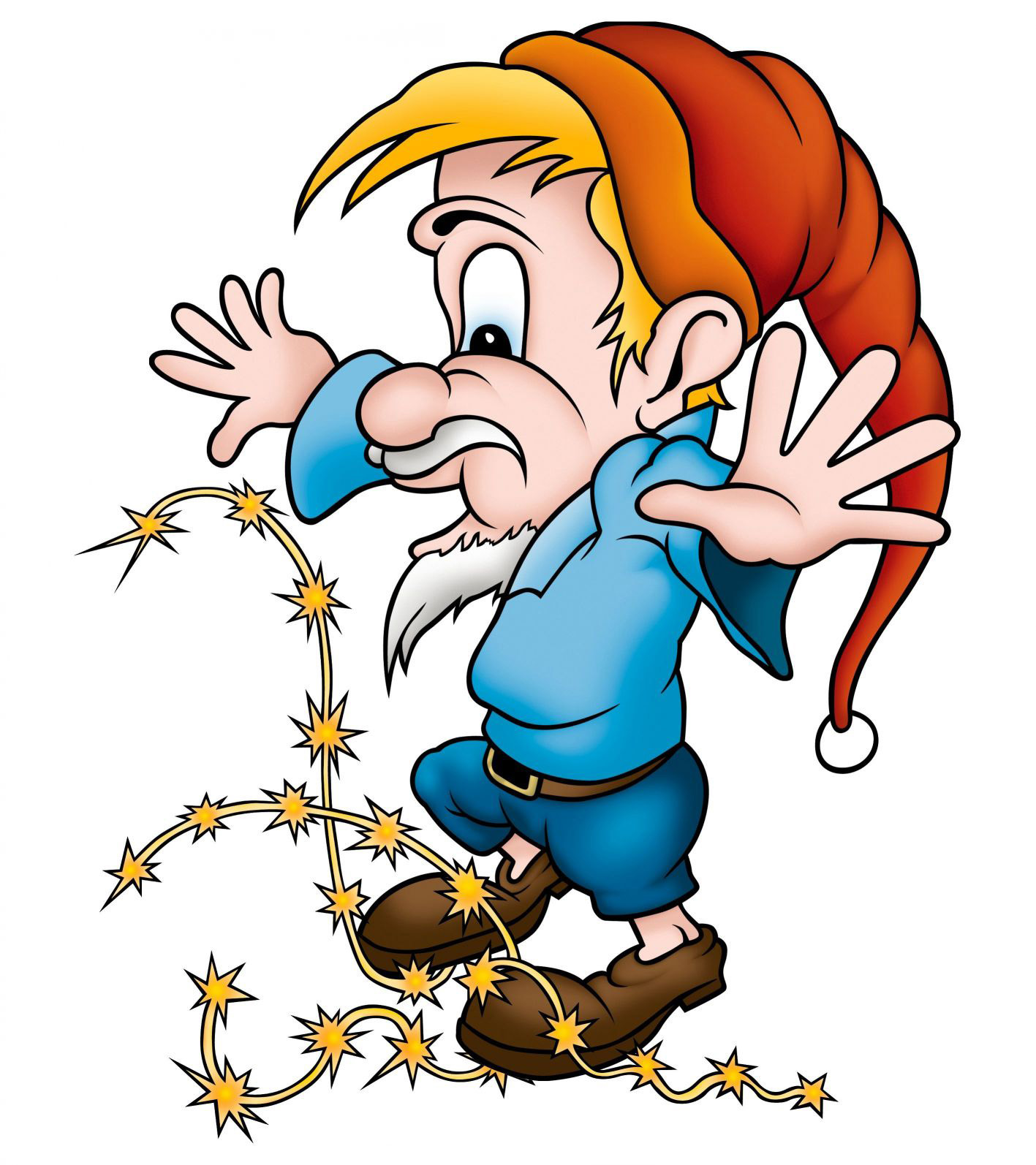
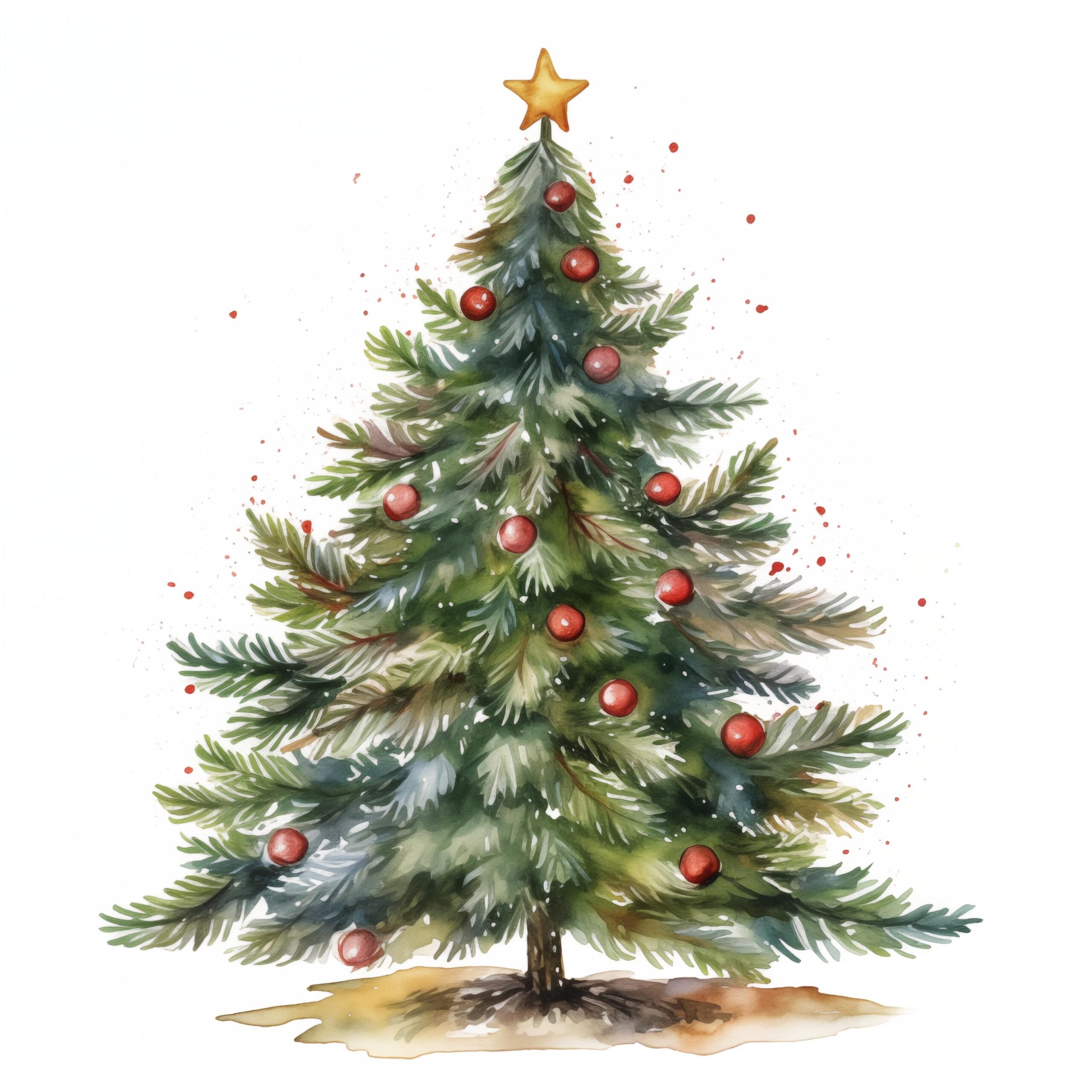
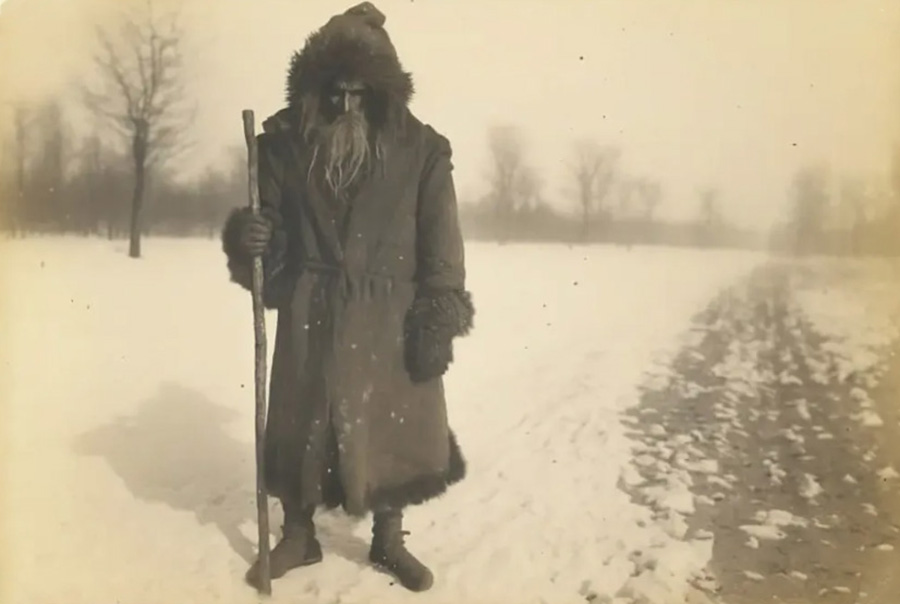
Der Pelznikel, Belsnickel, Belsnickle, Bellsnickel, Belshnikel, Pelz-Nickel, Beltznickel, Kriskinkle, Beltznickle, Pelsnichol, Peltznickel, Pelshnikel …
Our Family Tradition
A Christmas folklore of German origin was passed down by generations of my father’s family. From my early childhood, I was told of an elf-like character who guarded the tree on Christmas Eve. The story was that any errant child who might attempt to approach the Christmas tree and explore the presents before the proper time would encounter a barrage of pieces of coal and be chased away. The name we were taught sounded like “Pelschnickel.”
Every year on Christmas Eve, our living room was kept dark and barricaded. I remember standing at the edge of the room, peering into the darkness with my brother Albie, who would say, “Do you see him? Look behind the tree.” After our special dinner on Christmas Eve, the Christmas Tree lights would miraculously turn on, undoubtedly lit by our visitor, and then we were allowed to gather around the tree for presents.
Remembering back to Christmas, maybe 1955 or 1956, when I was 7 or 8, Albie enacted a drama with our “Pelschnikel.” In the course of that evening, before dinner, suddenly there was a crying out from the living room and flying pieces of coal from the back of the room by the tree. Poor Albie came running out of the room and ran right out the front door! I was astonished. Evidently, he had become a victim.
One year not so long ago, I asked Albie if he knew how to spell that name. Neither of us was sure what was correct. We never knew whether this custom was held by anyone outside of our family. Now, I have discovered that this folklore has been kept by the Pennsylvania Dutch and others who emigrated from Germany. It’s even becoming more popular. The most common spelling turns out to be “Pelznickel” or “Belznickel,” or any of the spellings in the heading above. It is pictured as a character who arrives during the Christmas season dressed in a long and ragged fur cloak with pockets stuffed with candy and treats for the good children and carrying a switch or a stick to punish misbehaving children.
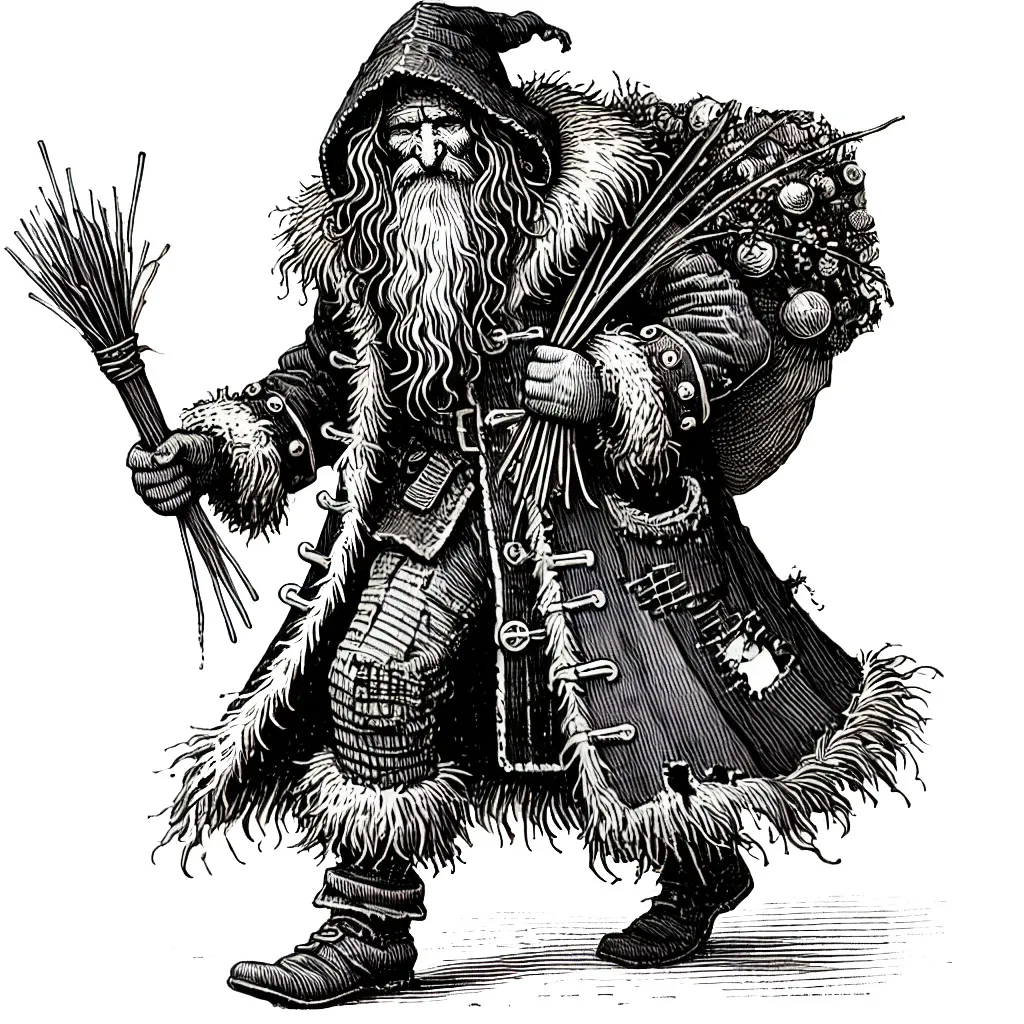
Our Family Tradition is not just ours …
This discovery has opened up so many new stories, customs, traditions, and annual Christmas events. It’s amazing to find that so much has been written about this character!
Stories collected from old Pennsylvania newspapers:
In 1827, a Philadelphia newspaper described the Belsnickel’s appearance: “Mr. Belsnickel appears dressed in skins or old clothes, his face black, a bell, a whip, and a pocket full of cakes or nuts; and either the cakes or the whip are bestowed upon those around, as may seem meet to his sable majesty.”
From the Harrisburg Patriot, Dec. 25, 1876:
“The fun- and mischief-loving portion of our population dressed in the costumes of ‘Beltznickels,’ carrying out the time-honored old custom of merry making on Christmas eve. … At many private residences the masqueraders were invited to enter and receive Christmas ‘treats.'”
From the Pottstown Lafayette Aurora, Dec. 21, 1826:
The “bellsnickel is a mischievous hobgoblin that makes his presence known to the people once a year by his cunning tricks of fairyism … Pottstown has had a full share of his presence this season if I am to judge from the wreck of lumber that is strewed through our streets and blockading the doors generally every morning, which indicates the work of a mighty marauder. … It is reported that he nearly demolished a poor woman’s house in one of the back streets a few nights ago.”
Blockading doors!! And our family tradition included blockading the living room!! Also, we celebrated on Christmas Eve. That is when we exchanged presents.
From the York Sunday Gazette, Dec. 24, 1905:
“The presence of a few youngsters on the street last evening playing ‘bellsnickle’ recalled to the memories of suddenly that the harmless and once almost universal pastime on Christmas Eve has fallen into decay and without any apparent reason … Less than a decade ago, if from 25 to 50 ‘bellsnickles’ did not visit the homes of each prosperous farmer, something was wrong. … It has all changed now. Not a real bellsnickle to be seen.”
And so, as the complaint above tells, for a while this tradition must have ceased to spread. All through our childhoods and adult years, we never knew anyone else who had this family custom … Until now!!
This one makes me laugh 🙂
